
Table of contents
What is an NFT?
A Non-Fungible Token (NFT) is a unique form of digital token, registered on the blockchain, that represents the ownership or provenance of a digital or physical asset. Unlike traditional cryptocurrencies such as Bitcoin or Ethereum, which are interchangeable, meaning that they can be exchanged for other units of the same value, NFTs are unique and cannot be replaced by other tokens.
Let's take the example of a digital work of art, such as a digital painting created by a renowned artist. The artist decides to transform this work into an NFT. Once the work is registered on the blockchain, it becomes an NFT. Each NFT contains its own metadata, including information on its author, date of creation, origins and other specific details. This data provides information on the authenticity and history of the digital item, which is of crucial importance for unique objects such as digital artworks, videos, music, virtual collectibles, video game elements and many others.
- Blockchain technology ensures the ownership, authenticity and traceability of digital assets. Each NFT is linked to a smart contract defining the terms of ownership and transfer. These smart contracts enable authors to collect a royalty on each transaction (purchase, sale or exchange) involving their NFT on the secondary market.
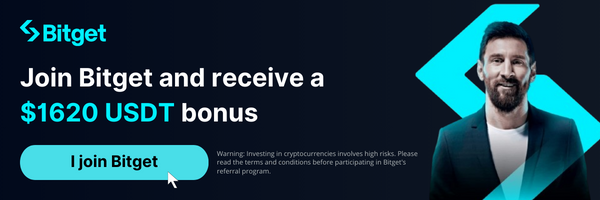
What types of assets can be represented by NFTs?
NFTs are cryptographic versions of tangible real-world items or digital assets tokenized through the blockchain. They can represent a very wide variety of digital and physical assets, such as :
- Digital art: Artists can create and sell digital artworks in the form of NFT. These works can be images, videos, animations or even interactive virtual experiences.
- Music: Musicians can sell their songs or albums as NFTs, giving fans the chance to own a unique copy of their favorite music.
- Video games: NFTs can be used to represent unique objects or characters in video games. Players can buy, sell and trade these NFTs to enhance their gaming experience.
- Virtual property: NFTs can also be used to represent virtual property, such as land or real estate in virtual worlds.
In addition, NFTs can also represent domain names, virtual fashion items, collectibles, event tickets, membership cards and many other well-known and little-known aspects, opening up a wide range of possibilities in the digital world.
Finally, NFTs offer artists the possibility of monetizing their digital works by giving them a distinctive value and making them available for purchase, sale and exchange on specialized marketplaces. This technological innovation also contributes to making traditionally illiquid assets liquid, and facilitates the exchange of assets thanks to this technological breakthrough.
Why is there so much interest in NFTs?
NFTs are of great interest for several reasons, each offering a unique perspective on their appeal:
- - Blockchain innovation: NFTs use blockchain technology to create a unique and verifiable form of digital property, opening up new possibilities in the field of asset digitization.
- - Interactivity and authenticity: NFTs enable digital assets to be created, distributed and monetized interactively, while guaranteeing their authenticity, provenance and traceability.
- - Smart contracts: NFTs are often based on smart contracts, which guarantee automatic execution of transactions and property rights, enhancing security and transparency.
- - New business models: NFTs open up new accessibility and monetization possibilities for artists, content creators and digital asset owners, enabling them to generate revenue from the sale and resale of their creations.
- - Value, rarity and collectible: NFTs create a market for unique digital assets, introducing notions of value, rarity and collectible into the digital world, attracting collectors and enthusiasts alike.
NFT use cases
1. "Everydays: The First 5000 Days" by Beeple
- "Everydays: The First 5000 Days⬝ is a unique digital artwork created by artist Beeple. This NFT features a collection of 5,000 images, a work created every day by the artist over 13 years, brought together in a single work. This NFT was sold at auction for a record $69 million in 2021.
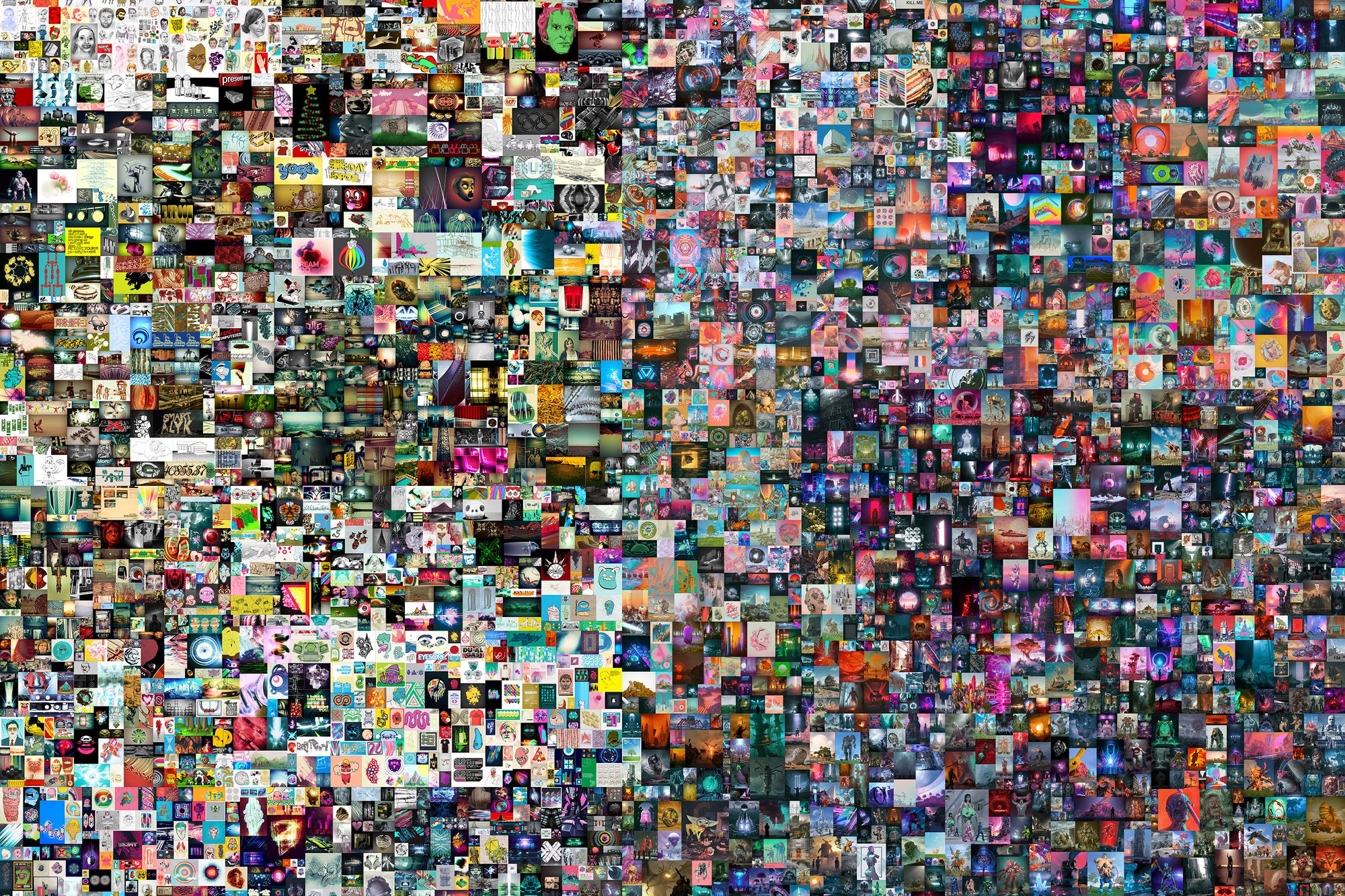
- 2. ⬓The Odd Fish Factory⬝ by Smoked Paprikart
- "The Odd Fish Factory" is a collection of generative NFTs designed by independent artist Smoked Paprikart. In this series, each bizarre fish has been painstakingly hand-created by the artist, offering a multitude of unique variations inspired by the original concept.
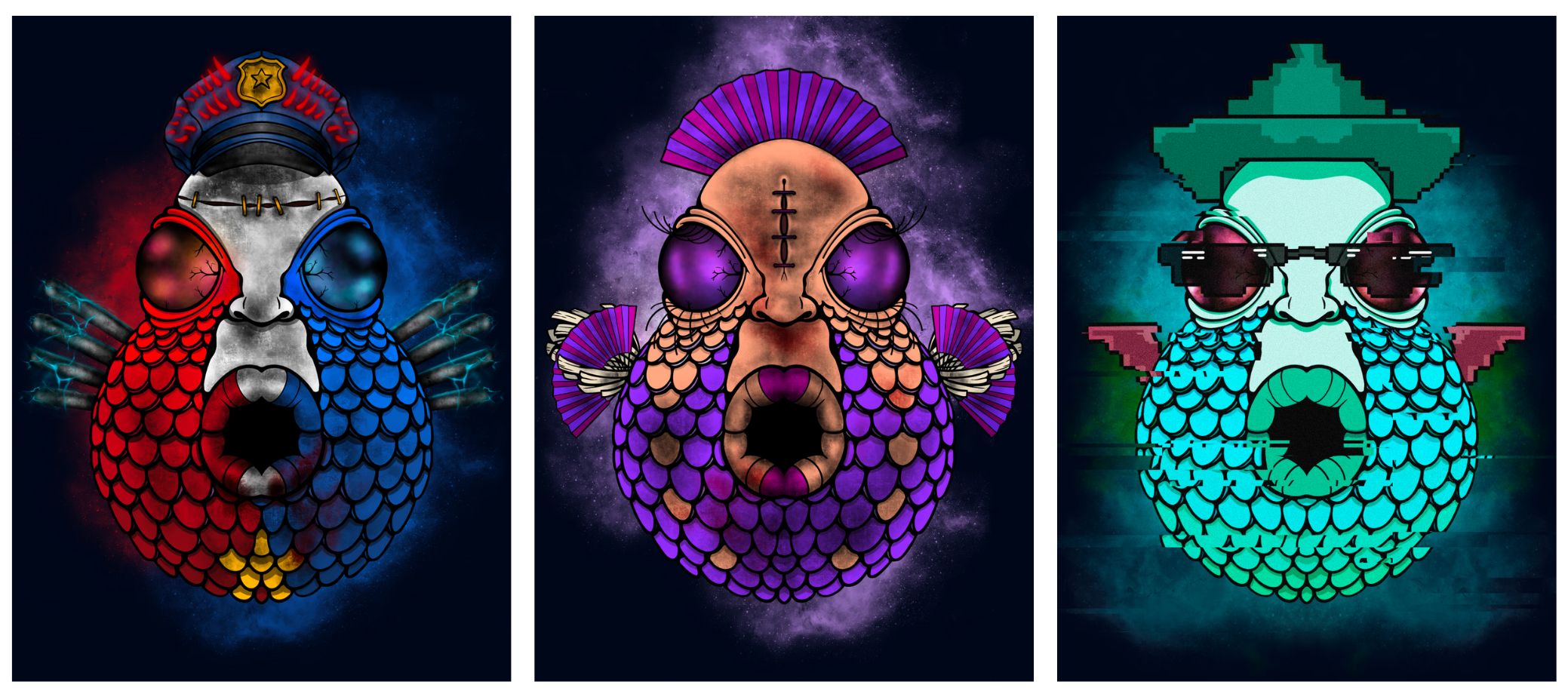
- 3. Step’N bby Find Satoshi Lab
- Step’N is a mobile application developed by Find Satoshi Lab. This innovative game, based on the Move2Earn concept, combines physical activity and reward. Powered by NFT, Step'N lets users acquire a pair of virtual sneakers and earn cryptocurrencies by walking, jogging or running, rewarding their physical efforts.
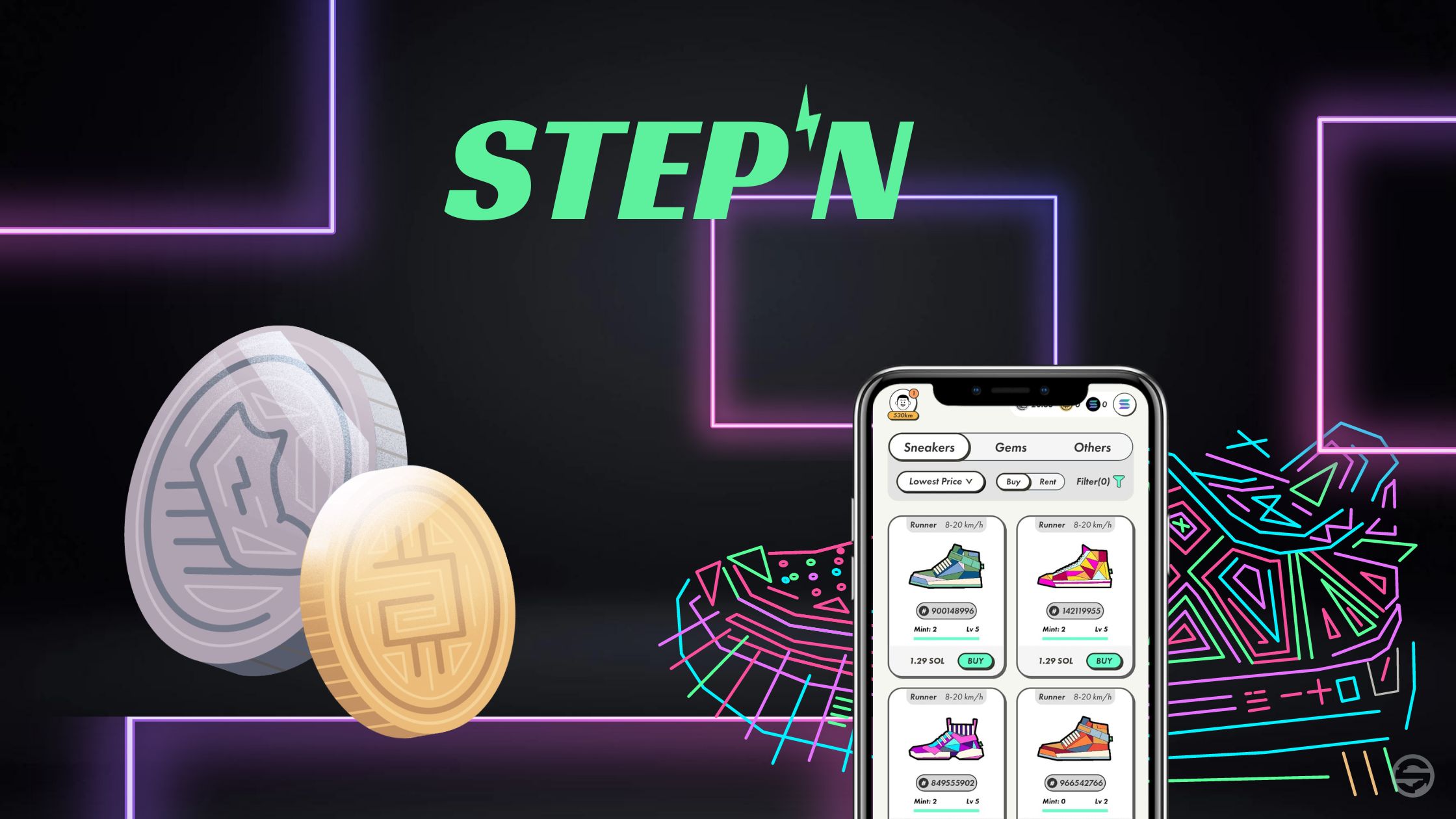
- 4. RealT by RealToken
- RealT is a real estate platform that tokenizes real estate assets, transforming them into NFTs. These NFTs represent a specific property and allow investors to acquire fractional shares of real estate, offering an innovative way to invest in real estate with greater accessibility and liquidity.
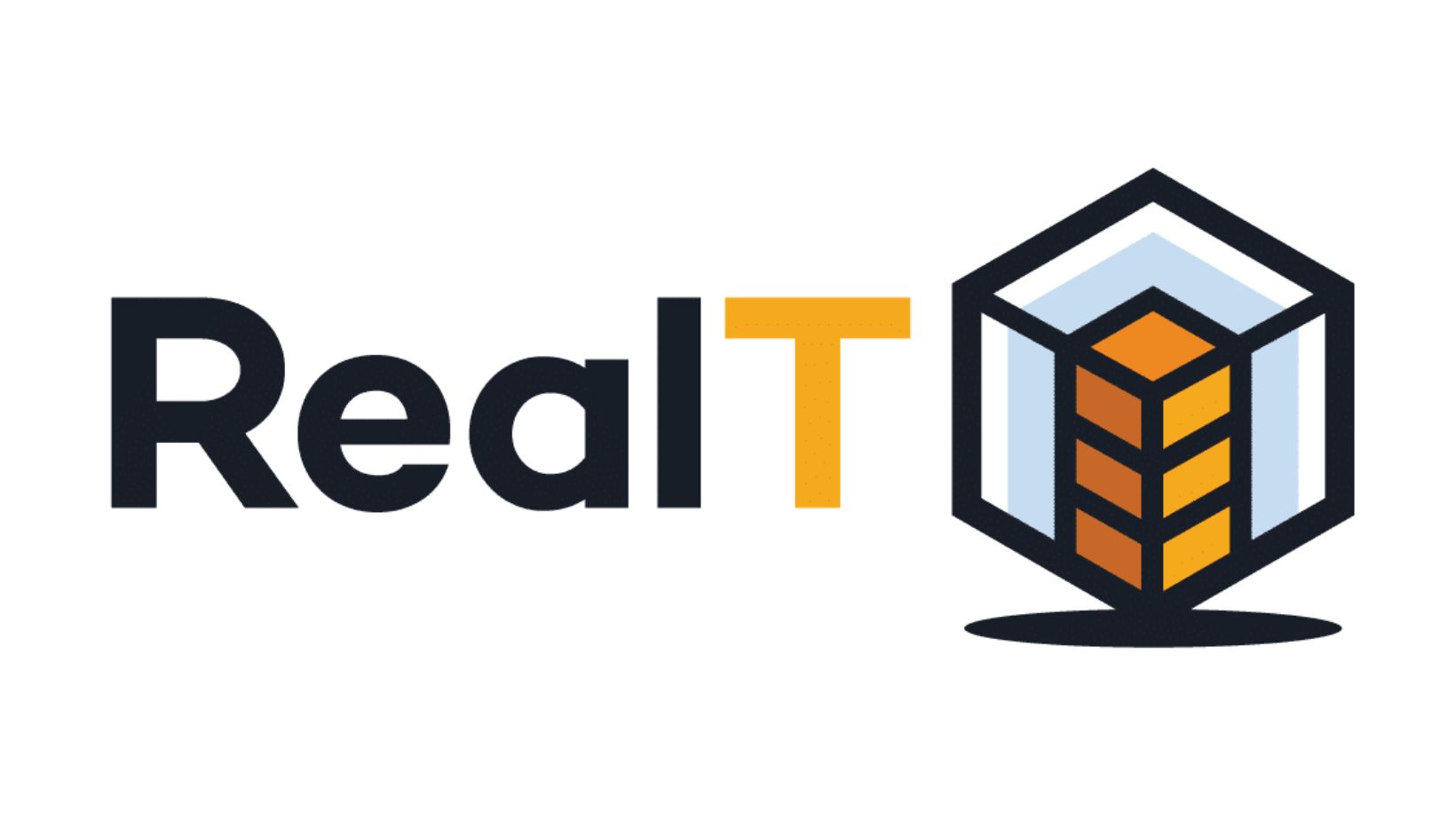
NFT marketplaces
- There are a multitude of specialized NFT platforms where you can buy, sell and trade these unique digital assets. Among the best-known are OpenSea, Rarible and SuperRare. These marketplaces offer a diversity of digital artworks, collectibles and other assets to discover and acquire. In addition, some NFT platforms are dedicated to specific blockchains, such as MagicEden for Solana. Finally, some centralized platforms, such as Binance or Crypto.com, also offer NFT marketplaces.

Risks associated with NFTs
NFTs carry speculative risks due to their volatility, which can lead to rapid price fluctuations and speculative bubbles. Investors should act with caution, conduct their own research and not invest more than they can afford to lose in this still new and volatile market.
In addition, NFTs carry liquidity risks. Depending on market fluctuations, a collection or NFT may cease to be traded, regardless of the value at which it was purchased. If there is no buyer, the NFT may become impossible to trade, resulting in a financial loss for the owner.
Finally, NFT exchange platforms are also subject to risks when using them, such as hacking, interface problems and the like. It is therefore essential to do your own research on the subject before using one of these platforms.
Conclusion
- NFTs are an exciting innovation in the world of technology, affecting a multitude of industries and sectors. Thanks to blockchain technology, NFTs make it possible to certify the authenticity and ownership of unique digital assets. They open up new opportunities for artists, creators and collectors, while creating a dynamic and booming market. Whether you're an art enthusiast, a music lover or an avid gamer, NFTs open up exciting new perspectives in the digital world.

Disclaimer: this is not financial advice. Satolix.io website aims to inform readers about Blockchain, cryptocurrencies and Web3. Any type of investment involves risk. Please do your due diligence and research the articles and projects presented on the site. Be responsible and don't invest more than your goals or financial means allow. In this regard, please read our page: Warning about virtual currencies.
Some articles on the site contain affiliate links, and using them to register on the site enables the site to grow through the collection of commissions. By doing so, you also make yourself eligible for a welcome bonus such as a voucher or reduced fees, for example.



 NFT
NFT 2024-02-18
2024-02-18
